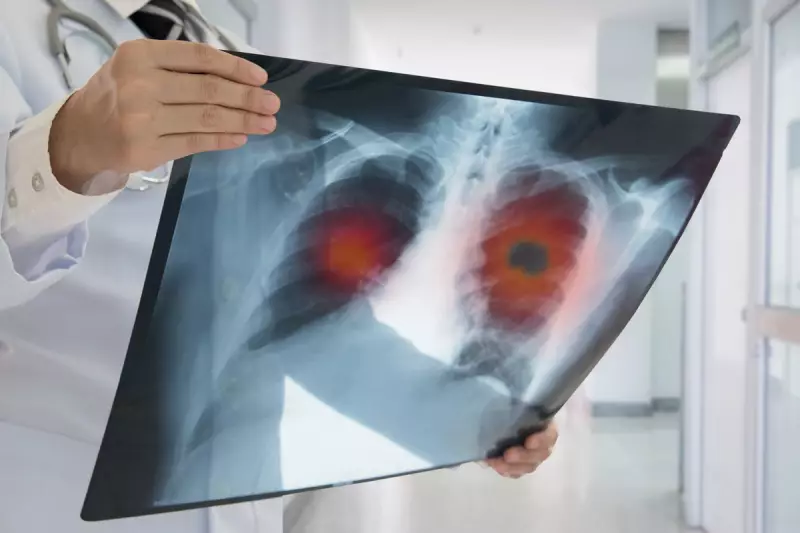
Medical experts are urging the public to familiarise themselves with the early warning signs of lung cancer, as early detection dramatically improves treatment outcomes. While lung cancer remains one of the most common and serious types of cancer in the UK, recognising symptoms promptly can be life-saving.
The Silent Warning Signs You Shouldn't Dismiss
According to NHS guidance, there are several key symptoms that warrant medical attention. While many of these can indicate less serious conditions, their persistence should never be ignored.
- A persistent cough that doesn't go away after three weeks or more
- Coughing up blood or rust-coloured phlegm
- Breathlessness during routine activities
- Unexplained persistent pain in the chest or shoulder
- Repeated chest infections that keep returning
- Persistent fatigue or lack of energy
- Unexplained weight loss or loss of appetite
- Hoarseness that lasts several weeks
- Swelling in the face or neck
- Difficulty swallowing or pain when swallowing
- Changes in the appearance of fingers (clubbing)
When to Take Action: The Three-Week Rule
NHS specialists emphasise a simple but crucial guideline: if you've had a cough for three weeks or more, it's time to see your GP. This is particularly important if the cough has changed character or is accompanied by any of the other symptoms mentioned.
Many people dismiss persistent coughs as lingering colds or attribute breathlessness to ageing or lack of fitness. However, medical professionals stress that early investigation is always the wisest course of action.
Beyond the Obvious: Lesser-Known Symptoms
While coughing and breathlessness are well-known indicators, several less obvious symptoms can also signal lung cancer. These include:
- Finger clubbing - where the fingertips become more curved or their size increases
- Swelling in the face or neck caused by pressure on blood vessels
- Persistent shoulder pain that doesn't relate to physical injury
- Difficulty swallowing that develops without obvious cause
Why Early Detection Matters
Lung cancer treatment has advanced significantly in recent years, with better outcomes strongly linked to early diagnosis. When caught at stage one, the chance of successful treatment is substantially higher than when diagnosed at later stages.
The message from healthcare professionals is clear: don't hesitate to seek medical advice if you experience any persistent symptoms. It's always better to have symptoms checked and receive reassurance than to delay potentially life-saving treatment.
Remember that many of these symptoms can be caused by conditions other than cancer, but investigation is the only way to be certain. Your GP would always prefer to see you with symptoms that turn out to be minor rather than miss an opportunity for early intervention.





